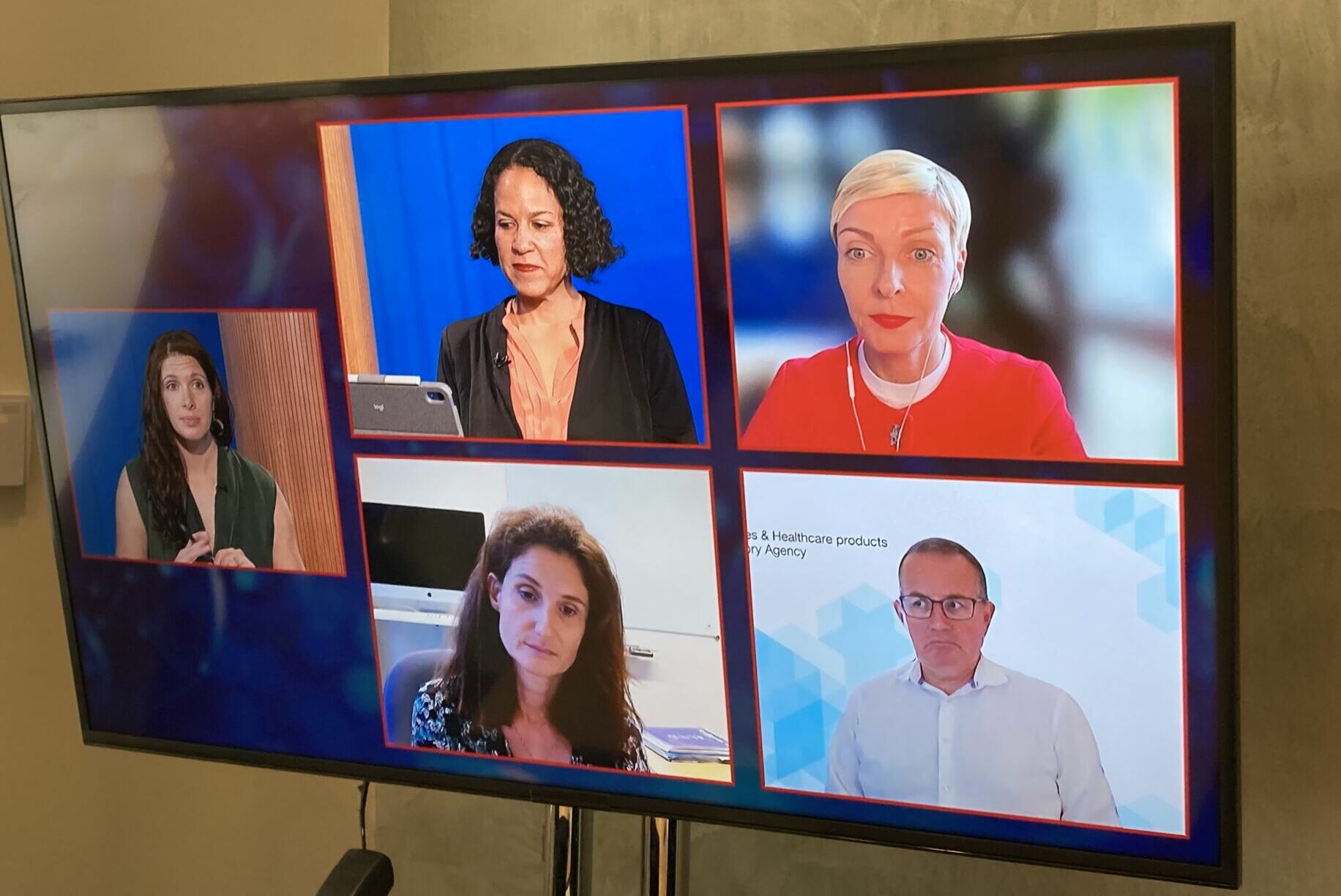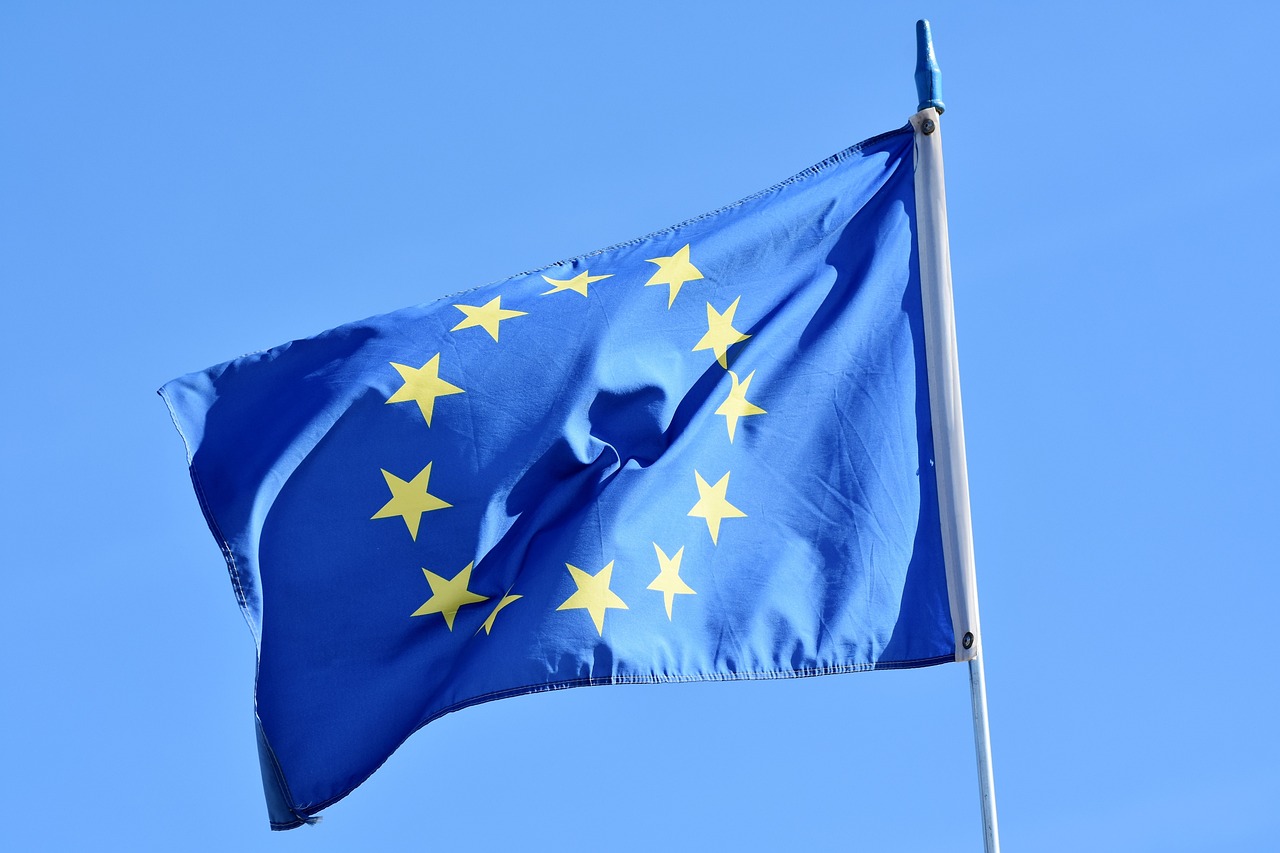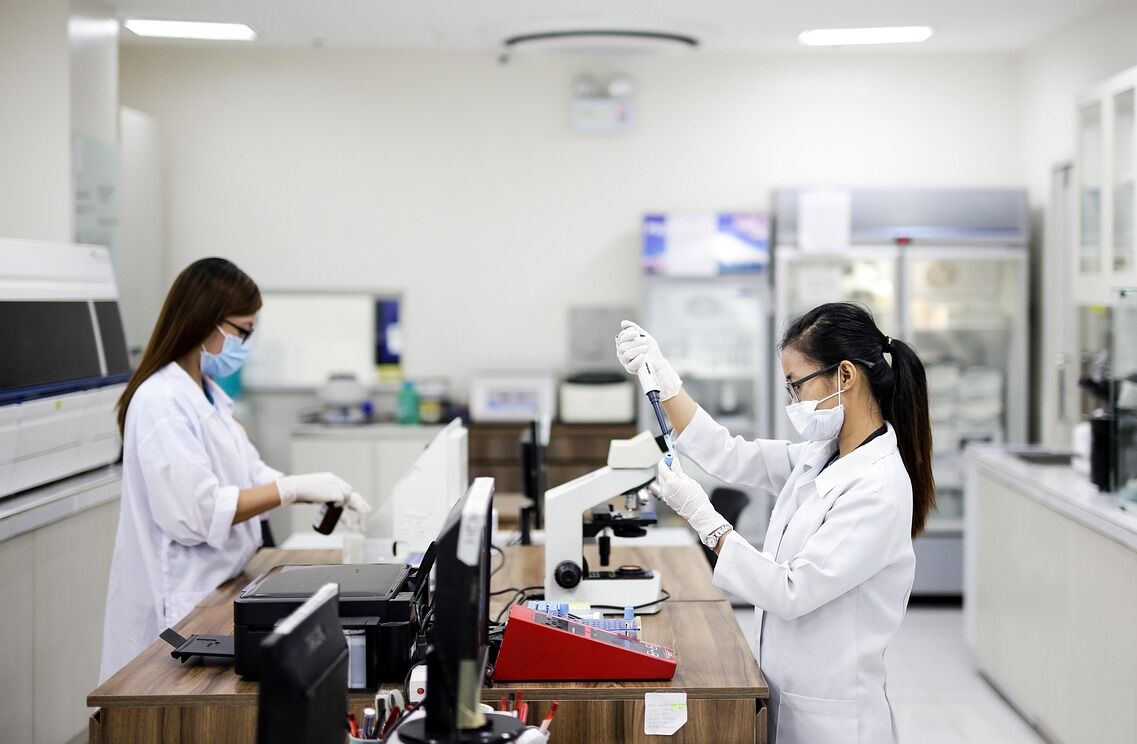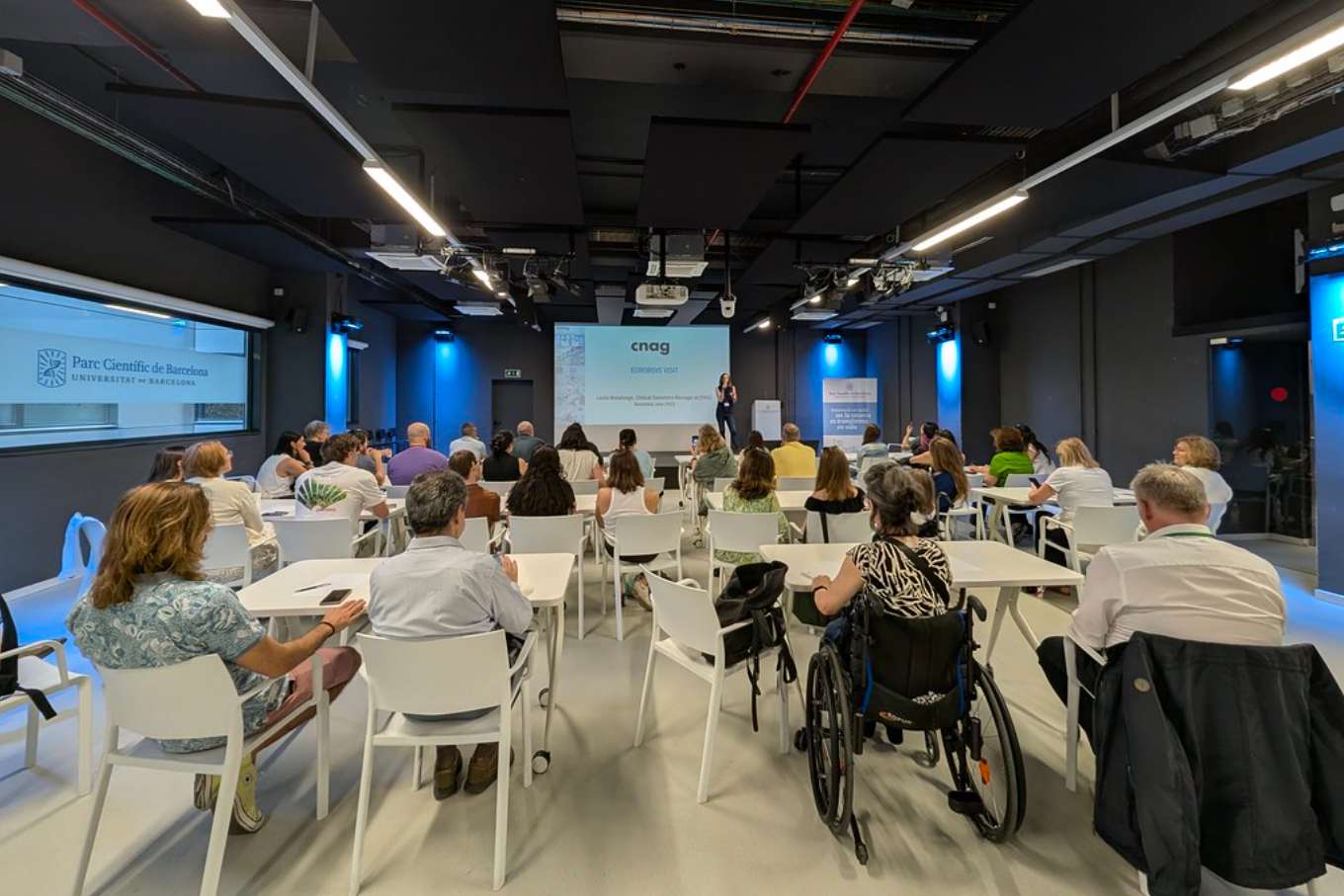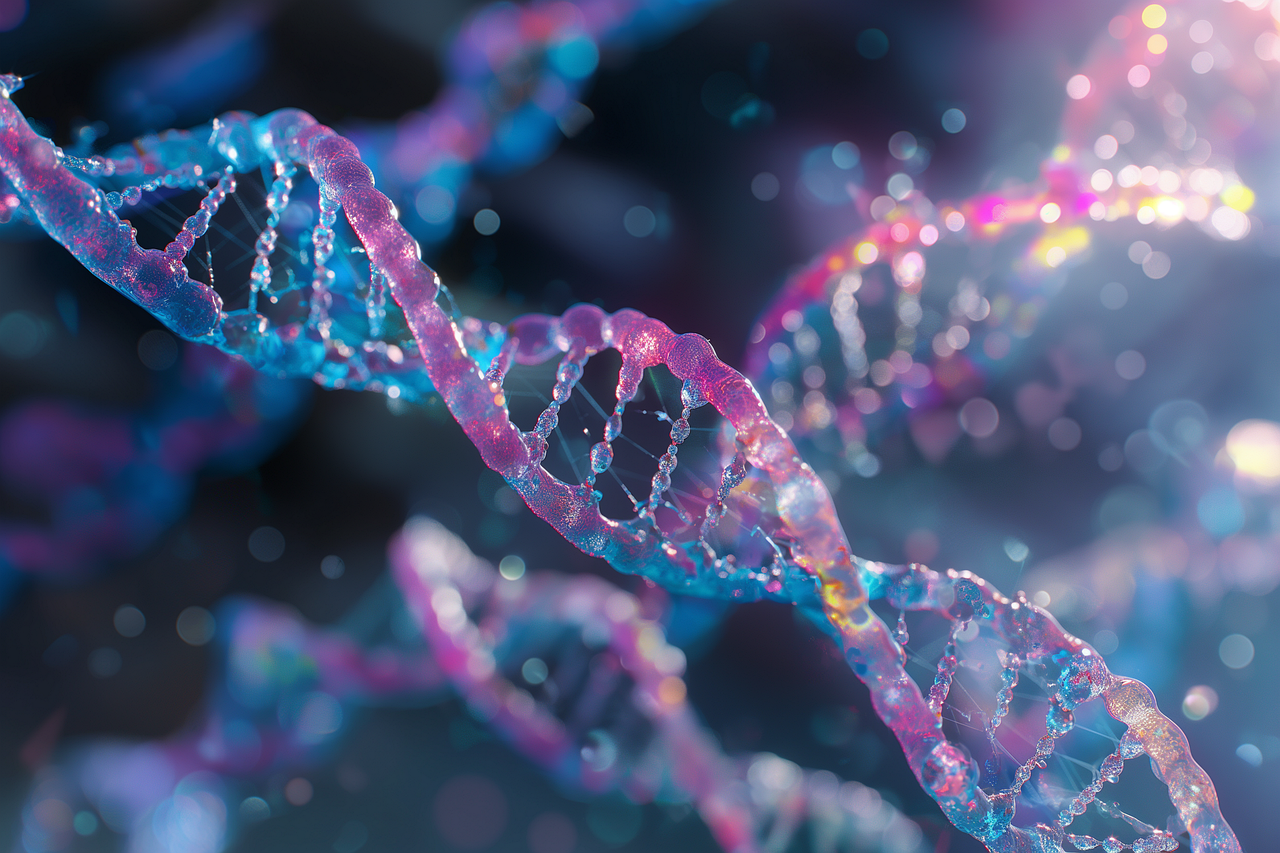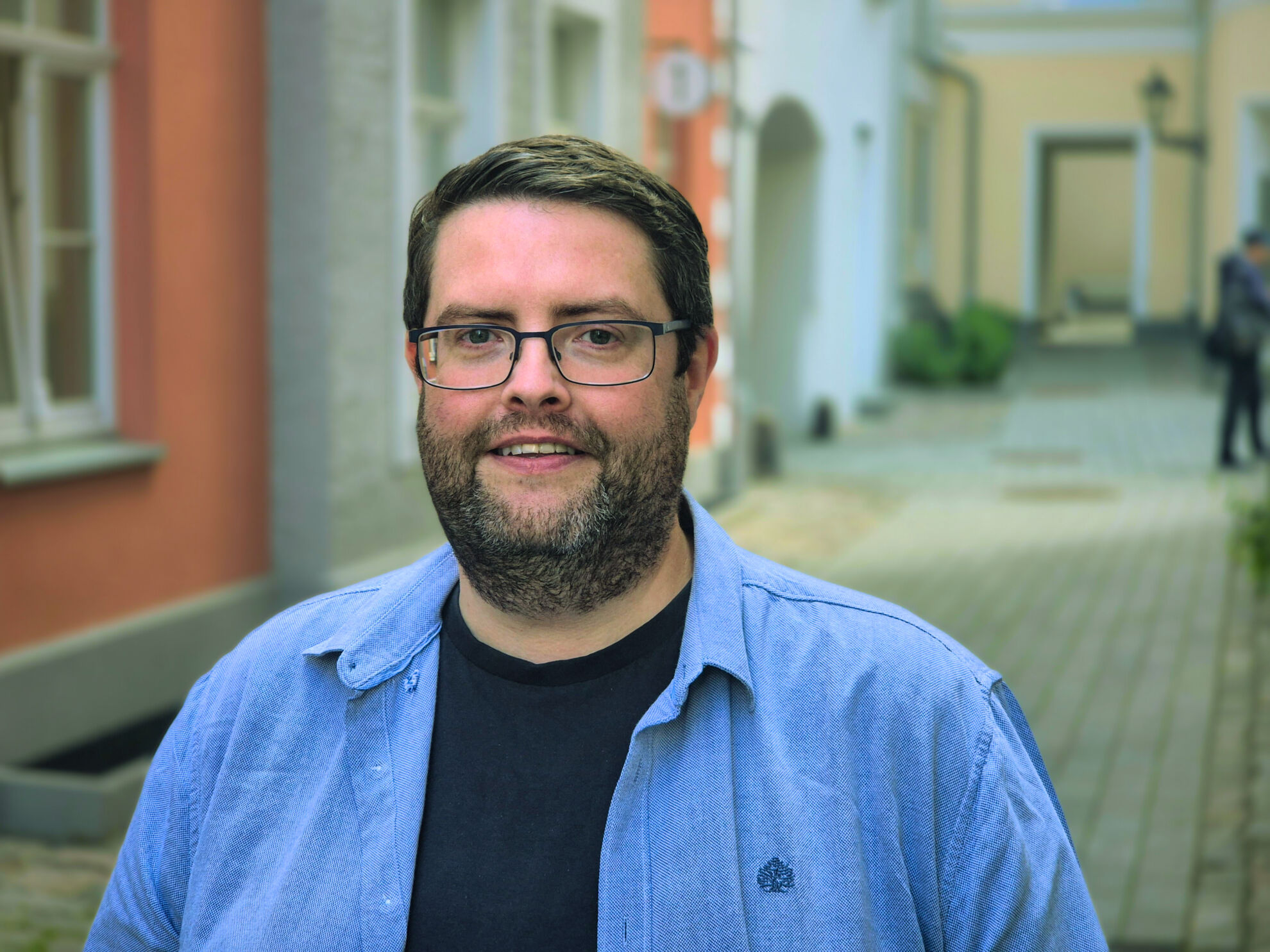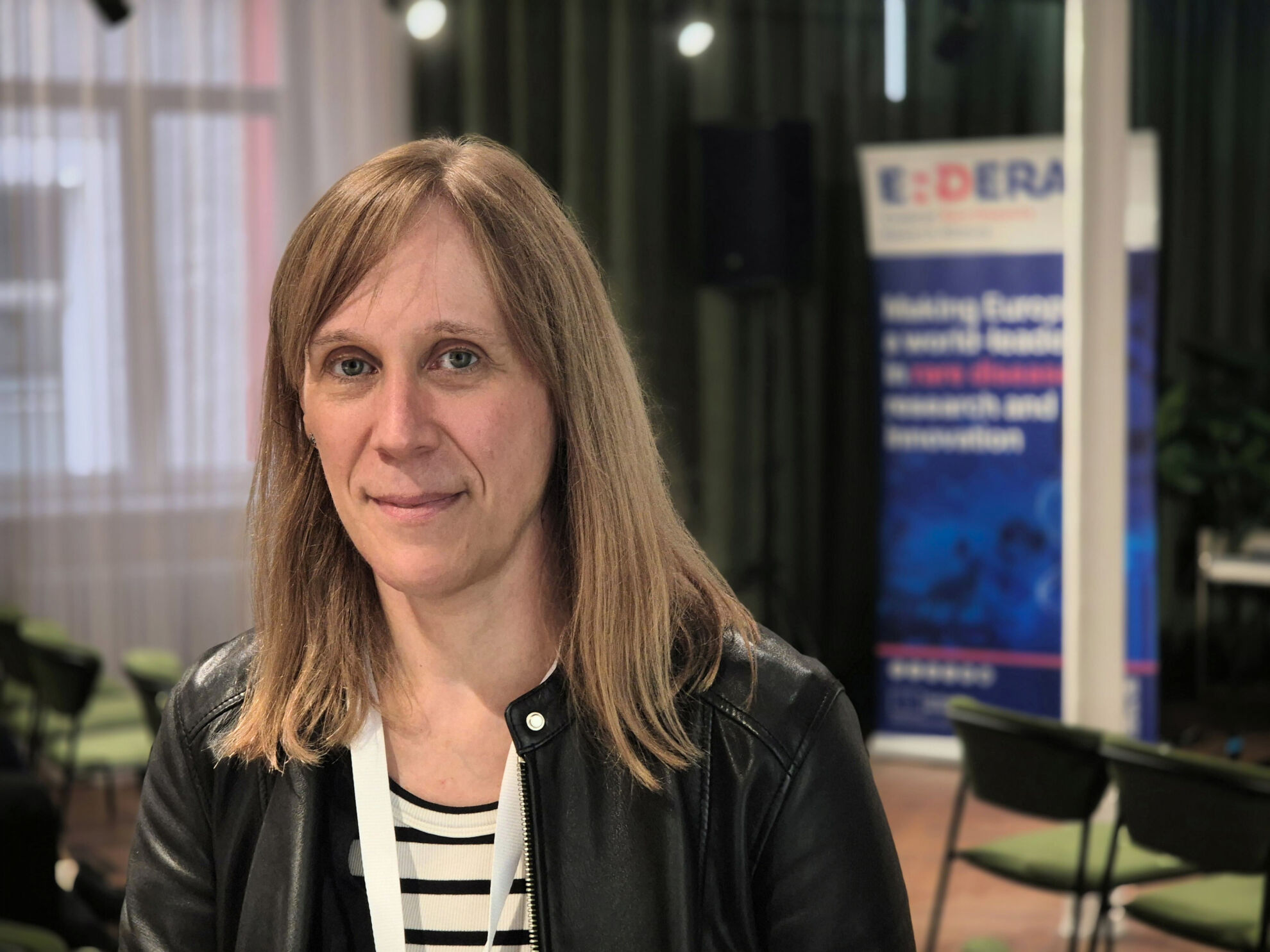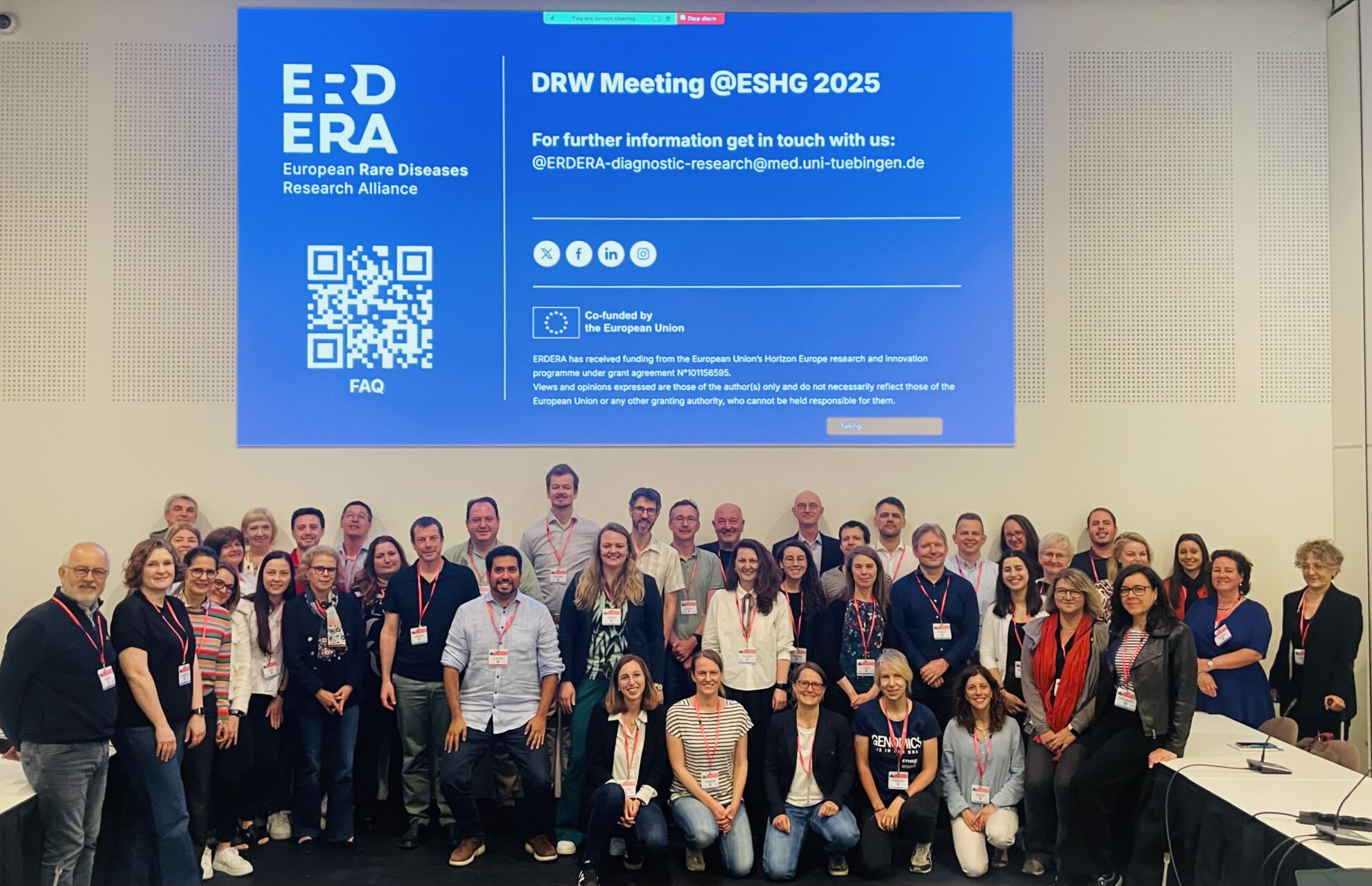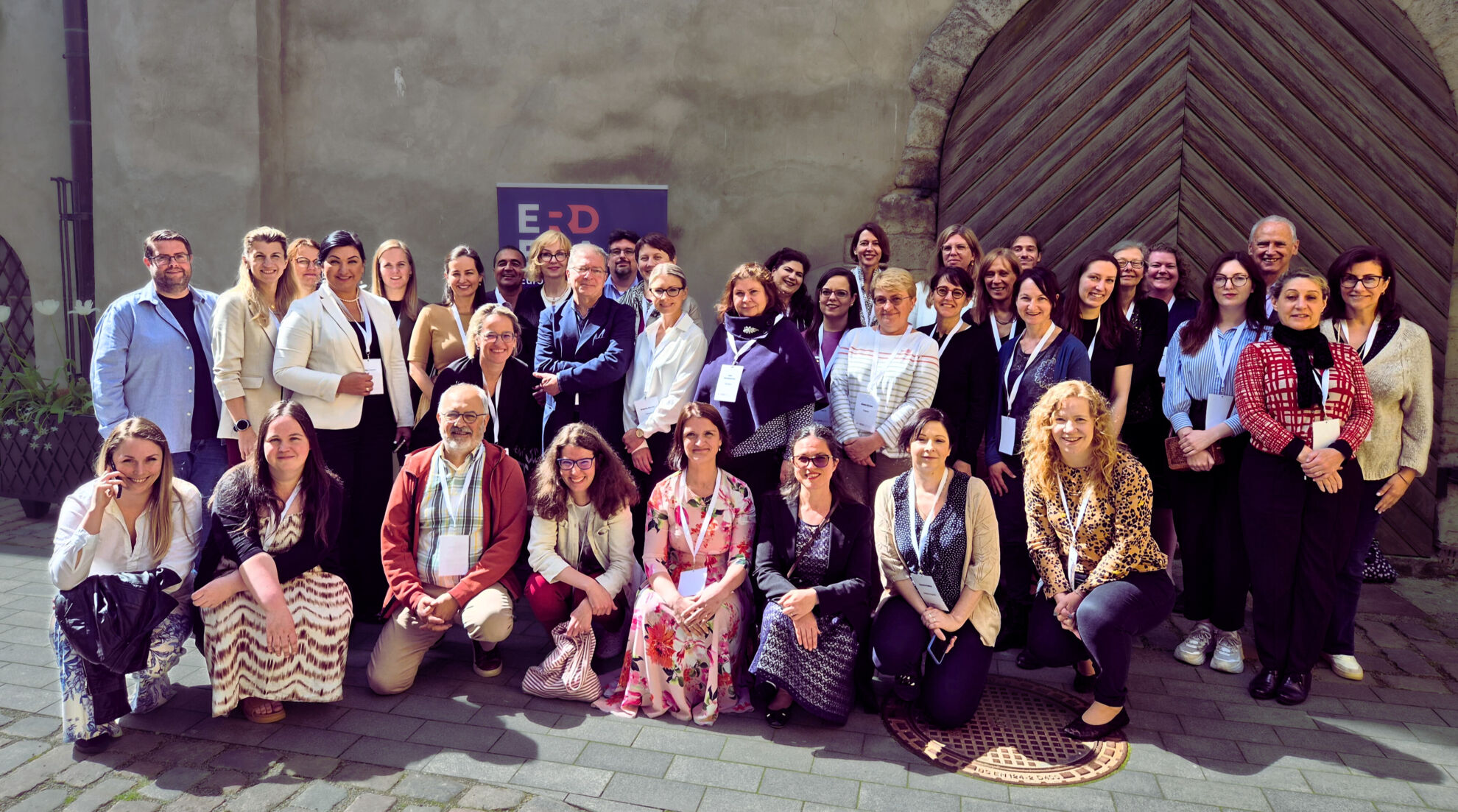New Toolkit Strengthens Collaboration Between ERNs and Industry
A new resource has been launched to help bridge the gap between European Reference Networks (ERNs) and life sciences companies, aiming to advance research and care for people living with rare diseases. The Together For Rare Diseases (T4RD) Toolkit, introduced at a joint webinar by Together4RD and ERDERA on 23 June 2025, offers practical guidance for building and managing public-private partnerships in this complex field. ERDERA, the European Rare Diseases Research Alliance, is a Horizon Europe initiative uniting over 170 organisations across 37 countries. Its mission is to position Europe as a leader in rare disease research and innovation, with READ MORE
Scientific Coordinator Daria Julkowska contributes to Science Magazine and Ipsen Foundation’s high-level webinar on rare disease research collaboration
On 25 June 2025, Daria Julkowska, Scientific Coordinator of ERDERA, participated as a panellist in a high-level webinar organised by Science Magazine and the Ipsen Foundation, titled: “Bridging silos: How scientists studying rare disease are building cross-disease communities to advance research and innovation”.
Have your say: EU AI Act consultation on high-risk systems
The European Commission has opened a public consultation to gather feedback on the implementation of the AI Act’s rules concerning high-risk AI systems. The aim is to collect practical examples, clarify open questions, and inform upcoming Commission guidelines on the classification of high-risk systems and related obligations. Under the AI Act, high-risk AI systems fall into two main categories: Important for product safety under the Union’s harmonised legislation on product safety Those that can significantly affect people’s health, safety, or fundamental rights in specific use cases listed in the AI Act. The consultation also addresses responsibilities across the AI value chain, READ MORE
New SOP to enhance transparency and quality of Real-World Data
A new Standard Operating Procedure (SOP) titled “Validation, Publication, and Maintenance of Real-World Data Sources and Studies in the HMA-EMA RWD Catalogues” (SOP/TDA/3543) has been published by the European Medicines Agency (EMA). This SOP outlines the systematic approach adopted by the EMA for ensuring the accuracy, completeness, and transparency of data included in the HMA-EMA real-world data catalogues. The SOP provides clear guidance for both EMA staff and catalogue users on the processes of data validation, publication, and ongoing maintenance. It ensures that submitted data sources and studies are not only relevant and non-duplicative, but also supported by comprehensive and READ MORE
Members of the global rare disease community gather in Barcelona for hands-on training
Earlier this month, Barcelona hosted the 2025 edition of the EURORDIS Open Academy Schools, bringing together 77 patient advocates and early-career researchers from 27 countries for three days of practical learning and exchange. Held from 2 to 4 June, the event marked the first edition of the Schools delivered as part of the ERDERA partnership, and reaffirmed the shared goal of strengthening the community of people driving progress in rare-disease research. The programme combined classroom sessions with immersive field visits, offering a rich learning experience. Participants explored cutting-edge facilities at Hospital Sant Joan de Déu, including the CORTEX command centre, READ MORE
Triplet repeat expansion project sets benchmark for public-private collaboration
One of the pilot projects launched under ERDERA’s predecessor, the European Joint Programme on Rare Diseases (EJPRD), has become a flagship example of successful public–private collaboration in rare disease research. Led by Professor Robert S. Lahue of the University of Galway, this preclinical project focused on triplet repeat expansion (TRE) diseases – a category of over 30 inherited neurological disorders caused by unstable DNA repeats. These diseases are difficult to treat, making this an important area for development of new tools to expedite drug discovery.
“There’s a lot of value in connecting with other countries — learning what has worked, what hasn’t, and applying those lessons”
Gavin Lawler co-ordinates the Irish National Mirror Group (NMG) on rare diseases as Programme Manager within the Health Research Board Ireland. Established only in September 2024, this NMG brings together policymakers, clinicians, academics and—crucially—patient advocates to coordinate Ireland’s national efforts and align them with wider European initiatives such as ERDERA. The group aims to streamline collaboration, co-ordinate resources and ensure that patients’ voices shape both implementation of the forthcoming national rare-disease strategy (to 2030) and Ireland’s engagement in international research and policy-making.
“The National Mirror Group was the first time patients had been treated as equal partners in this kind of forum, and it immediately changed the conversation”
Sandra Alves, a senior human-genetics researcher at the National Institute of Health Dr Ricardo Jorge (INSA), has coordinated Portugal’s National Mirror Group (NMG) for rare diseases since its creation in 2021. Under her guidance, this well-established NMG links policymakers, clinicians, scientists and patient organisations, channeling Portuguese priorities into European initiatives such as the European Rare Diseases Research Alliance (ERDERA). The group now plays a central role in aligning national efforts with the newly launched “Plano de Ação para as Doenças Raras 2025-2030”, helping Portugal make the most of international collaboration while improving care and research for people living with rare READ MORE
ERDERA diagnostics research task force showcases impact and ambition at ESHG 2025
The European Human Genetics Conference 2025 (ESHG) provided a significant platform for the ERDERA Diagnostics Research task force to share its strategic vision, scientific progress, and commitment to innovation in the field of rare disease diagnostics.
Europe’s rare-disease alliance charts next steps at Riga workshop
Delegates from 23 countries in Europe and beyond, together with scores of virtual participants, came together in Riga, Latvia, today for the European Rare Diseases Research Alliance (ERDERA) workshop entitled “How to maximise the power of national plans for rare diseases and strengthen their capacity to foster rare-disease research.” The event, which coincides with the close of ERDERA’s first year, focused on strengthening the alignment between national action plans and the wider European research agenda while accelerating the roll-out of National Mirror Groups, or NMGs.

